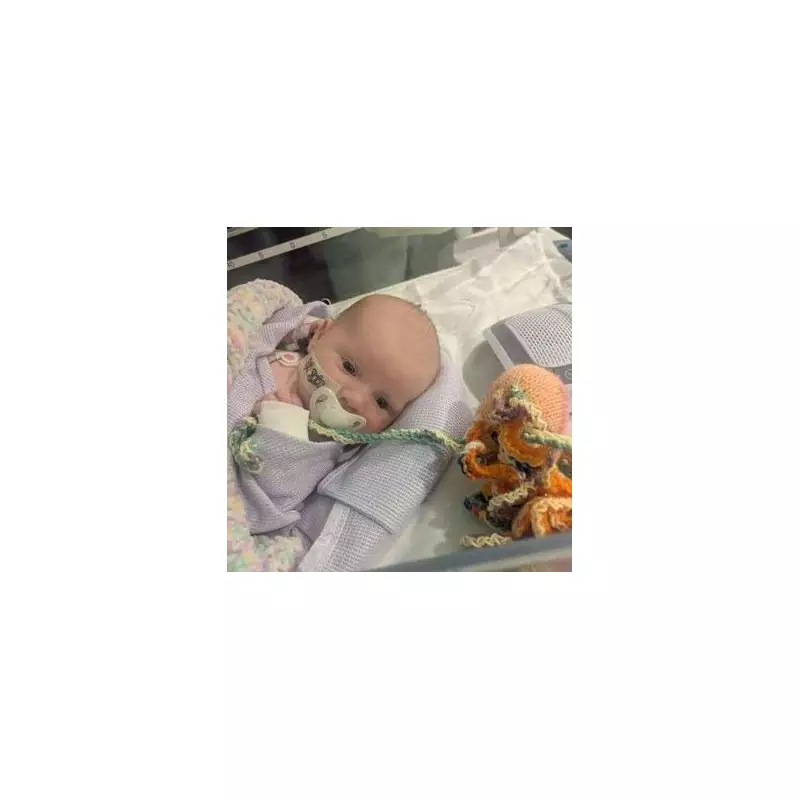
When expectant mother Billie-Jo Doherty went for a routine 20-week scan, she and her partner, Antony, were preparing for the joyful moment of seeing their baby. Instead, they were plunged into a nightmare. Sonographers discovered their unborn daughter's heart was racing at a life-threatening 300 beats per minute—double the normal rate.
The diagnosis was fetal tachycardia, a rare and serious condition that can lead to heart failure in utero. "We were told to prepare for the worst," Billie-Jo recounted, the memory still raw. "It was utterly terrifying. We were living scan to scan, just willing her to be okay."
A Race Against Time
Their local hospital in Blackpool immediately referred them to the specialist fetal medicine unit at Liverpool Women's Hospital. There, a multi-disciplinary team, including experts from the renowned Liverpool Heart Centre, devised a daring plan: to treat the baby while she was still in the womb.
Billie-Jo was prescribed a powerful beta-blocker, Bisoprolol, which would cross the placental barrier to slow their daughter's heart rate. It was a delicate balancing act; the dosage had to be perfect to help the baby without harming the mother.
The Agonising Wait
"I had to take the medication every day and then we'd monitor her heart," Billie-Jo explained. "Some days it would work and her heart rate would come down, and other days it would soar again. The not knowing was the hardest part."
The dedicated team in Liverpool monitored them intensely throughout the remainder of the pregnancy, fighting to bring the dangerous heartbeat under control.
A Miracle Arrival
Little Ivy May Doherty finally made her entrance into the world via C-section at 36 weeks. The battle, however, wasn't over. She was rushed to the neonatal intensive care unit, where she spent the first week of her life.
Today, at five months old, Ivy is a happy, smiling baby who continues to be monitored by cardiologists. While she may need future check-ups, her prognosis is excellent.
"We owe everything to the NHS,' her mother stated emphatically. "The team in Liverpool were absolutely incredible. They saved our daughter's life. We'll never be able to thank them enough."
The family's story is a powerful testament to the UK's specialist fetal medicine services and the life-saving work they perform every day.





